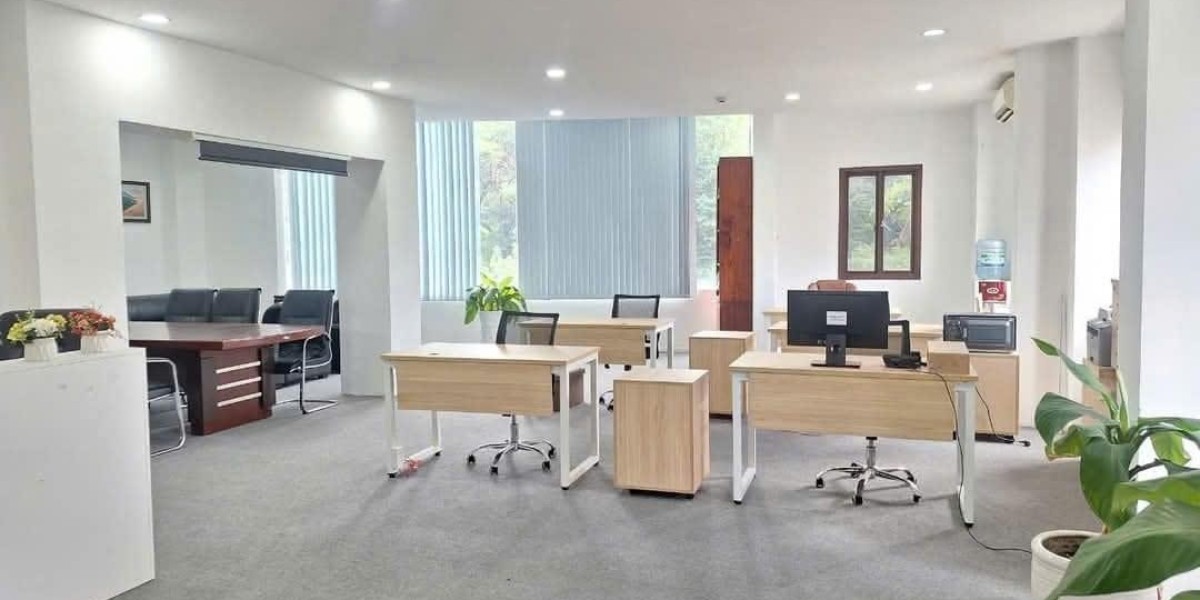Relaxation Therapy
What are the three types of rest techniques?
Relaxation remedy encompasses various strategies that promote stress reduction and total well-being. Here are three main kinds of leisure techniques utilized in rest remedy:
1. Breathing Techniques
Focused breathing practices are important for calming the mind and physique. These strategies typically embrace:
- Deep Breathing: Inhaling deeply through the nose and exhaling slowly by way of the mouth to reduce pressure.
- Diaphragmatic Breathing: Engaging the diaphragm totally to encourage deeper, more effective breaths.
- 4-7-8 Breathing: Inhaling for a rely of 4, holding for 7, and exhaling for 8 to advertise rest.
2. Mindfulness and Meditation
These practices assist people focus on the current second whereas letting go of distractions. Techniques embrace:
- Body Scan Meditation: Systematically specializing in each part of the body to enhance awareness and rest.
- Guided Imagery: Using psychological photographs to promote a way of peace and leisure.
- Mindful Walking: Combining physical activity with mindfulness to ground oneself within the present.
3. Progressive Muscle Relaxation (PMR)
This method includes tensing and enjoyable different muscle groups to advertise general rest. Steps include:
- Tensing a specific muscle group for a number of seconds.
- Releasing the tension and noticing the contrast in relaxation.
- Moving by way of the physique systematically, from head to toe or vice versa.
These leisure strategies contribute considerably to rest remedy by selling bodily and psychological well-being.
What are the psychological effects of leisure therapy?
Leisure therapy, notably by way of relaxation techniques, 부산부달 - see more - can have vital psychological effects on individuals. Here are some key advantages:
- Reduced Stress Levels: Engaging in leisure therapy helps decrease cortisol ranges, promoting a way of calm and reducing anxiousness.
- Improved Mood: Activities that encourage leisure can improve total mood, leading to decreased feelings of depression and elevated feelings of well-being.
- Enhanced Self-Esteem: Participating in leisure activities foster a sense of accomplishment and self-worth.
- Increased Mindfulness: Relaxation practices encourage present-moment consciousness, which might result in greater acceptance and understanding of one’s ideas and emotions.
- Better Sleep Quality: Engaging in rest can promote higher sleep patterns, which is crucial for psychological health.
Overall, leisure remedy via rest strategies can significantly improve psychological health, contributing to a more balanced and fulfilling life.
What is the purpose of relaxation?
Relaxation therapy serves as a significant device for selling psychological and bodily well-being. The major point of rest is to reduce stress and anxiousness, permitting individuals to regain a way of steadiness in their lives.

By engaging in rest strategies, corresponding to deep breathing, meditation, or yoga, individuals can lower their heart rate and decrease blood pressure, which contributes to overall health. This therapeutic approach enhances emotional resilience, serving to individuals cope with daily challenges more effectively.
Moreover, leisure therapy can enhance sleep quality, increase temper, and improve focus and productivity. Ultimately, the point of rest is to foster a peaceful mind-set, enabling individuals to connect with themselves and discover readability amid life's chaos.








